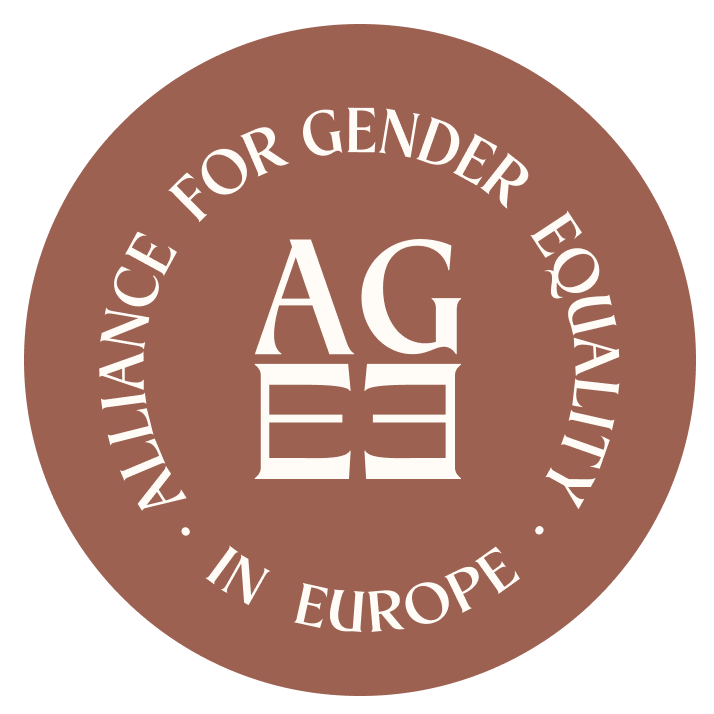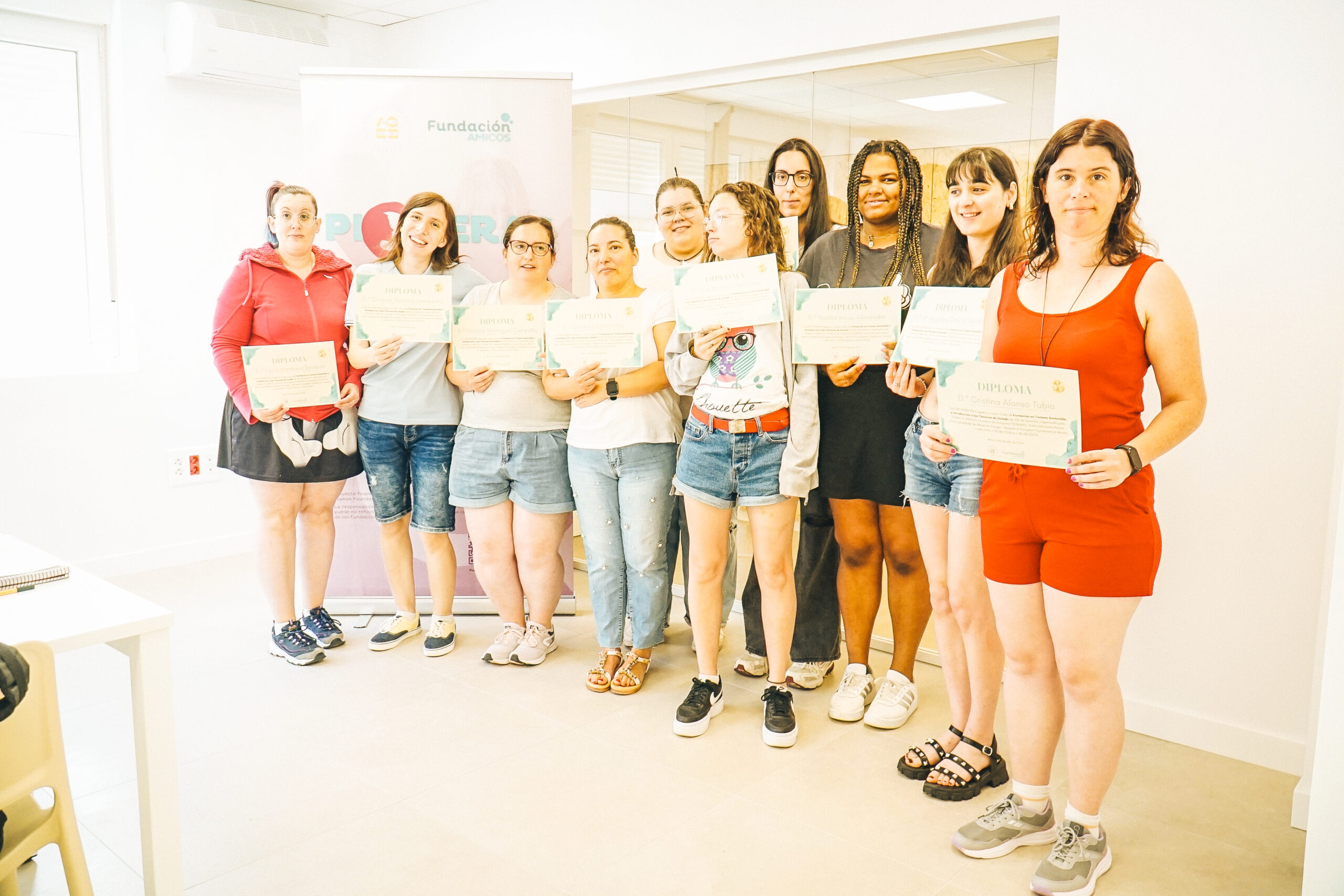Amicos Foundation is on a mission to create a more inclusive society where people with disabilities play an active role in addressing today’s societal and environmental challenges.
We recently spoke with Xoan España, the General Manager of Amicos, about their transformative “Pioneras” project. This initiative, which we are proud to support through our 2023 Economic Opportunities Fund, is dedicated to advancing the inclusion women with disabilities in rural areas. By providing psychosocial support, specialised training, and job opportunities in the green economy, Pioneras is opening new pathways for 60 women, with a goal for at least half to secure employment by the end of the project.
Xoan, empowering rural women with disabilities by including them in green jobs is an innovative approach. What inspired you to focus on sectors like organic farming and ecotourism for this initiative?
For several years now, Fundación Amicos has been committed to transforming the role people with disabilities play in society, from being passive to becoming active contributors. To do this, we needed to find a sector where this shift could take place effectively. It was people with disabilities within Amicos who guided us. They expressed a strong preference for nature-based activities. Given our organisation’s growing concern for the planet, the decision to focus on green jobs was an easy one. Additionally, we are fortunate to be situated in a beautiful, natural setting of Galicia in Spain that perfectly complements these activities.
How do you believe this approach can expand economic opportunities and advance gender equality?
I believe this sector holds a lot of potential for the future. By engaging early, we can turn challanges into strengths, allowing us to gain a meaningful advantage by both energising rural communities and taking care of the environment. At the same time, when women with disabilities achieve economic independence, they also gain autonomy and self-reliance, which are key to advancing gender equality.
Why and how do you motivate more companies to adopt inclusive practices and champion gender equality in the workplace?
Companies must realise that the traditional way of interacting with their communities and the environment is no longer relevant or sufficient. They face a multitude of challenges: environmental, social, and economic. Businesses play a part in building a society where these elements coexist more harmoniously. Gradually, every company will need to adopt new ESG (Environmental, Social, and Governance) management models, or risk being left behind.
We raise awareness about the practical benefits of a diverse and inclusive workforce, such as increased commitment of employees, greater innovation, and the ability to adapt to change. But it also helps when these practices improve business outcomes – and they do. This makes our work to promote inclusivity even more effective.
In the final part of the project, we will introduce a ‘Gender Equality and Inclusion Seal’ for companies to recognise those that have an inclusive management model.
In your experience, what do inclusive and equitable workplaces actually look like?
I think we are all still learning and exploring what truly inclusive and equitable workplaces look like. Organisations face challenges every day as they adapt to new models, roles, and ways of interacting with their environments. Society is currently in the middle of a transition towards inclusivity and equity. I can’t give a perfect answer about what that perfect workplace looks like, however, I am confident it will be one that provides a safe and respectful environment, inclusive development programs, open and transparent communication, a work-life balance, inclusive leadership, and above all, it welcomes all people who can inspire others.

